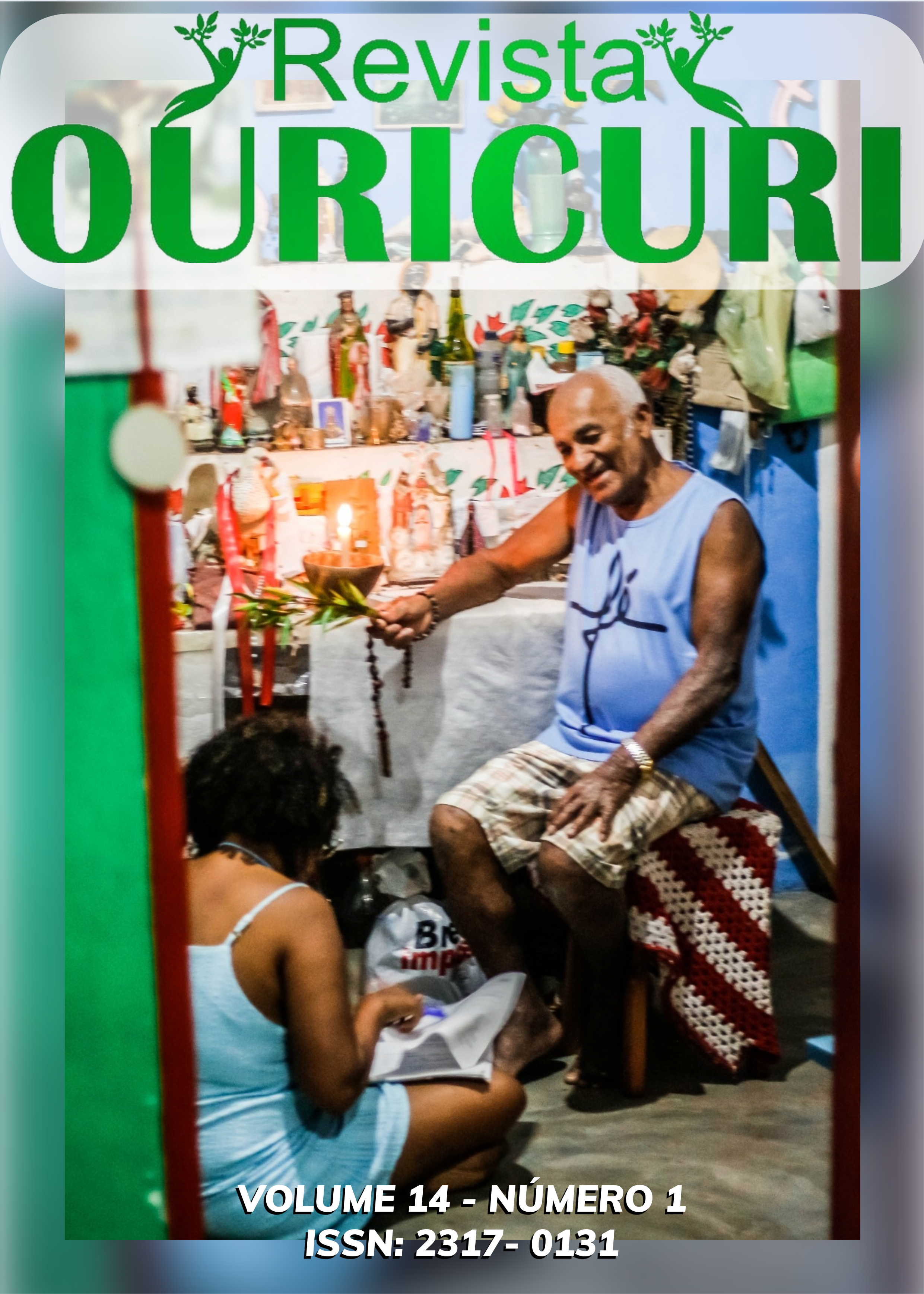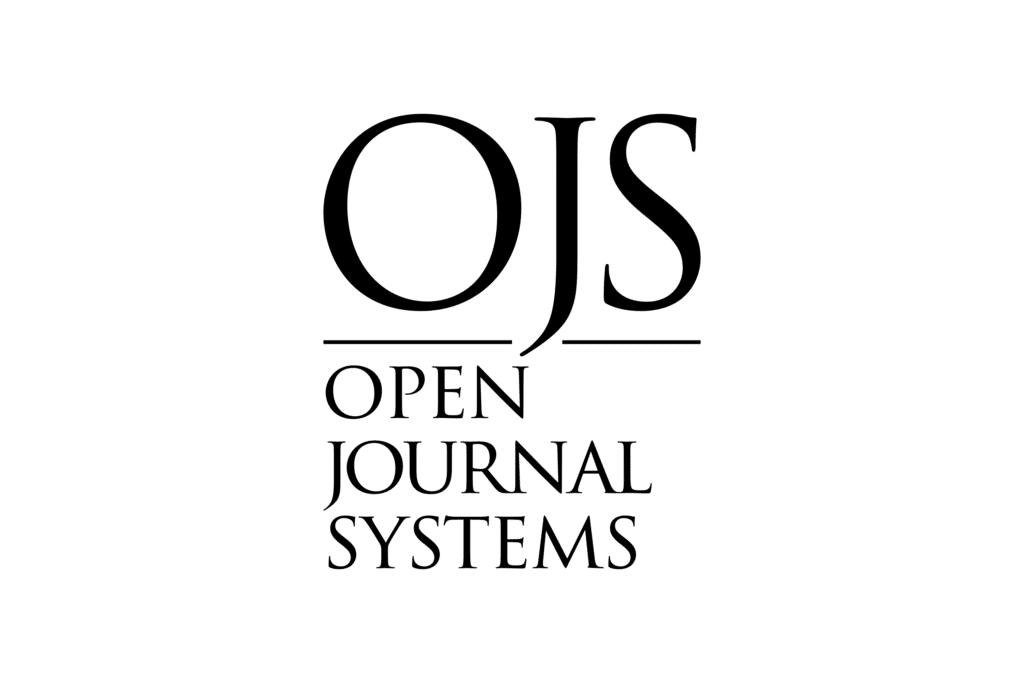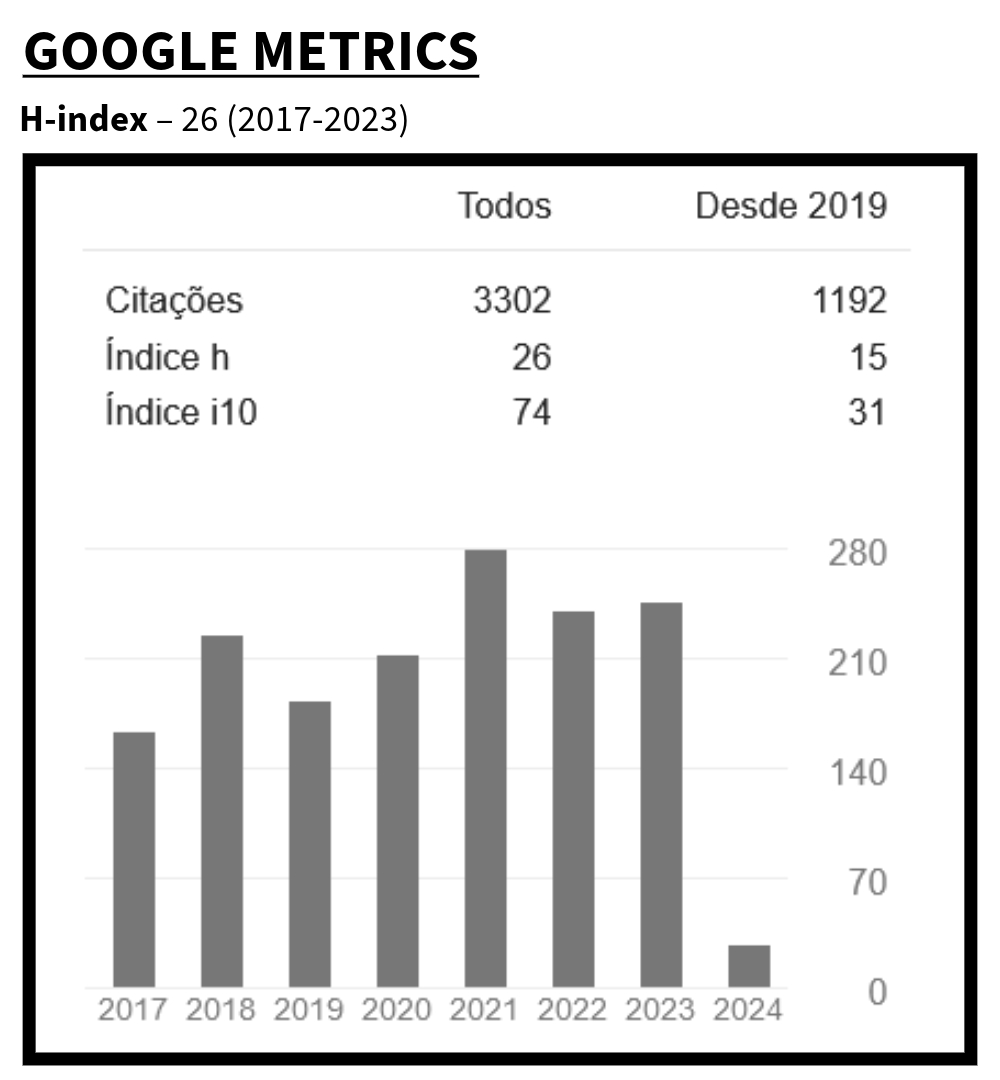RURALITIES IN GRANDMA MARIA
(AUTO)ETHNOGRAPHY THROUGH THE MEMORIALISTIC TRAILS OF CHILDHOOD
DOI:
https://doi.org/10.59360/ouricuri.vol14.i1.a18393Keywords:
Family, Memory, Farm, (Auto)ethnographic Research, Affected; New city; Collective memory; Relocation; RemembranceAbstract
In this (Auto)ethnography, because it is written in the first person (auto = I), the author takes up the story of his matriarchal family, therefore an unusual community (ethnos) for the interior standards of the hinterlands of Bahia, to write (grapho = writing) and analyze the belonging to the semiotics of the rural area. The work was divided into two sections; the first one having the historiographical and contextual motto from the train tracks that somehow intersected the recent history of the author's family. The second part focused on the relationship of the main character, Grandma Maria, with the countryside, even after so many transits between the cultural elements and territorialities of the countryside-city. To this end, a subjective journey was undertaken through the locomotive of the personal memory of oneself (locus of the study) towards childhood and the important characters of this phase of life. Grandma Maria was the guiding thread of this narration, overlapping herself in the bifurcations: father and husband, countryside and city, objective and subjective, past and present, History and story, her (Grandma Maria) and the author (her grandson). At the end of the reading, it can be seen how much Grandma Maria was linked to the things of the farm: the managing of medicinal resources of plants, land and popular religiosity; (im)material space in which she moved in the dialogical synthesis of work-fruition-work, objectifying herself in the memory of the farm of that childhood left in the past, but reverberated, as an inheritance, in her grandson’s subjectivity.
Downloads
References
AGIER, Michel. Encontros etnográficos: interação, contexto, comparação. Tradução de Bruno César Cavalcanti e Maria Stela Torres B. Lameiras. São Paulo: Editora Unesp; Alagoas: Edufal, 2015.
ALVES, Rubem. O suspiro dos oprimidos. São Paulo: Paulus, 1999.
BOSI, Ecléa. O tempo vivo da memória: ensaios de psicologia social. São Paulo: Ateliê Editorial, 2003.
COSTA, Viviane. Traficantes evangélicos: quem são e a quem servem os novos bandidos de Deus. Rio de Janeiro: Thomas Nelson Brasil, 2023.
CUNHA, Euclides da. Os sertões: campanha de Canudos. Rio de Janeiro; São Paulo: Laem-mert C., 1905.
EVARISTO, Conceição. Becos da memória. Rio de Janeiro: Pallas, 2017.
GIESBRECHT, Ralph Mennucci. Estações Ferroviárias do Brasil, [S. l.], 24.12.2017. Disponível em: http://www.estacoesferroviarias.com.br/ba_paulistana/itiuba.htm. Acesso em: 25 jun. 2023.
IBGE. Instituto Brasileiro de Geografia e Estatística: IBGE/Cidades. Disponível em: https://cidades.ibge.gov.br/brasil/ba/itiuba/historico. Acesso em: 23 jun. 2023.
MAHEIRIE, Kátia. Agenor no mundo: um estudo psicossocial da identidade. Florianópolis: Editora Letras Contemporâneas, 1994.
MATHER, George A.; NICHOLS, Larry A. Dicionário de religiões, crenças e ocultismo. Tradução de Josué Ribeiro. São Paulo: Editora Vida, 2000.
MELO, Marcos Tulio de; SOARES, Luiz Carlos Correa. Apresentação. In: MALVEZZI, Roberto. Semi-arido: uma visão holística. Brasília: Confea, 2007. p. 7-8.
PERROT, Michelle. Minha história das mulheres. Tradução de Ângela M. S. Côrrea. São Paulo: Contexto, 2007.
RICOEUR, Paul. Percurso do reconhecimento. Tradução de Nicolás Nyimi Campanário. São Paulo: Edições Loyola, 2006.
SILVA, Ana Maria Anunciação da. Narrativas de vida-formação-profissão das docentes do campo/roça: identidades e culturas. Trabalho de Conclusão de Curso (Especialização em Educação do Campo) – Instituto Federal de Educação, Ciência e Tecnologia Baiano – Campus Serrinha. Serrinha, Ba, 2020.
SILVA, Ana Maria Anunciação da. Narrativas e existências negras na roça: entrelaçamentos da vida na formação docente. Dissertação (Mestrado) – Universidade do Estado da Bahia. Departamento de Educação – Campus XIV. Mestrado Profissional em Educação e Diversidade. Conceição do Coité, 2023.
SILVA, Ana Maria Anunciação da; SOUZA, Antonio José de. Relato da aula: no quintal de dona Rami tem saberes, segredos e história. In: GAYO, Clarice E.; SATLER, Carla F. da Silva (Orgs.). Ensinar História: Etnicidades. Rio de Janeiro: Proj. Ori./Ed. Esp. Sobre Ontens/UERJ, 2022. p. 40-45.
SOUZA, Antonio José de. Tornar-se negrogay: a história de vida de um homem-professor situado e “sitiado”. Salvador, 2022. 183 f. Tese (Doutorado) - Universidade Católica do Salvador. Pró-Reitoria de Pesquisa e Pós-Graduação. Doutorado em Família na Sociedade Contemporânea. Linha de Pesquisa: Contextos Familiares e Subjetividade.
SOUZA, Antonio José de et al. Autoetnografias na educação do campo/roça: perspectivas reflexivas e polifônicas. Revista Macambira, [S. l.], v. 5, n. 2, 2021, p. 1-25. Disponível em: https://revista.lapprudes.net/index.php/RM/article/view/645. Acesso em: 22 jun. 2023.
SOUZA, Cláudia Katarine Andrade de Carvalho de et al. O uso do mastruz como agente cicatrizante em feridas cutâneas. Revista Multidisciplinar de Educação e Meio Ambiente, [S. l.], 1(2), 78, 2020. Disponível em: https://editoraime.com.br/revistas/index.php/rema/article/view/497. Acesso em: 05 jul. 2023.
Published
How to Cite
Issue
Section
License
Copyright (c) 2023 Revista Ouricuri

This work is licensed under a Creative Commons Attribution-NonCommercial 4.0 International License.
Authors who publish in this journal agree to the following terms:
a) Authors maintain copyright and grant the magazine the right of first publication, with the work simultaneously licensed under the Creative Commons Attribution License which allows sharing of the work with recognition of authorship and initial publication in this magazine.
b) Authors are authorized to enter into additional contracts separately, for non-exclusive distribution of the version of the work published in this journal (e.g., publishing in an institutional repository or as a book chapter), with recognition of authorship and initial publication in this journal.
c) Authors are allowed and encouraged to publish and distribute their work online (e.g. in institutional repositories or on their personal page) as this can increase the impact and citation of the published work (See The Effect of Open Access).













 B1 (2017-2020)
B1 (2017-2020)



















